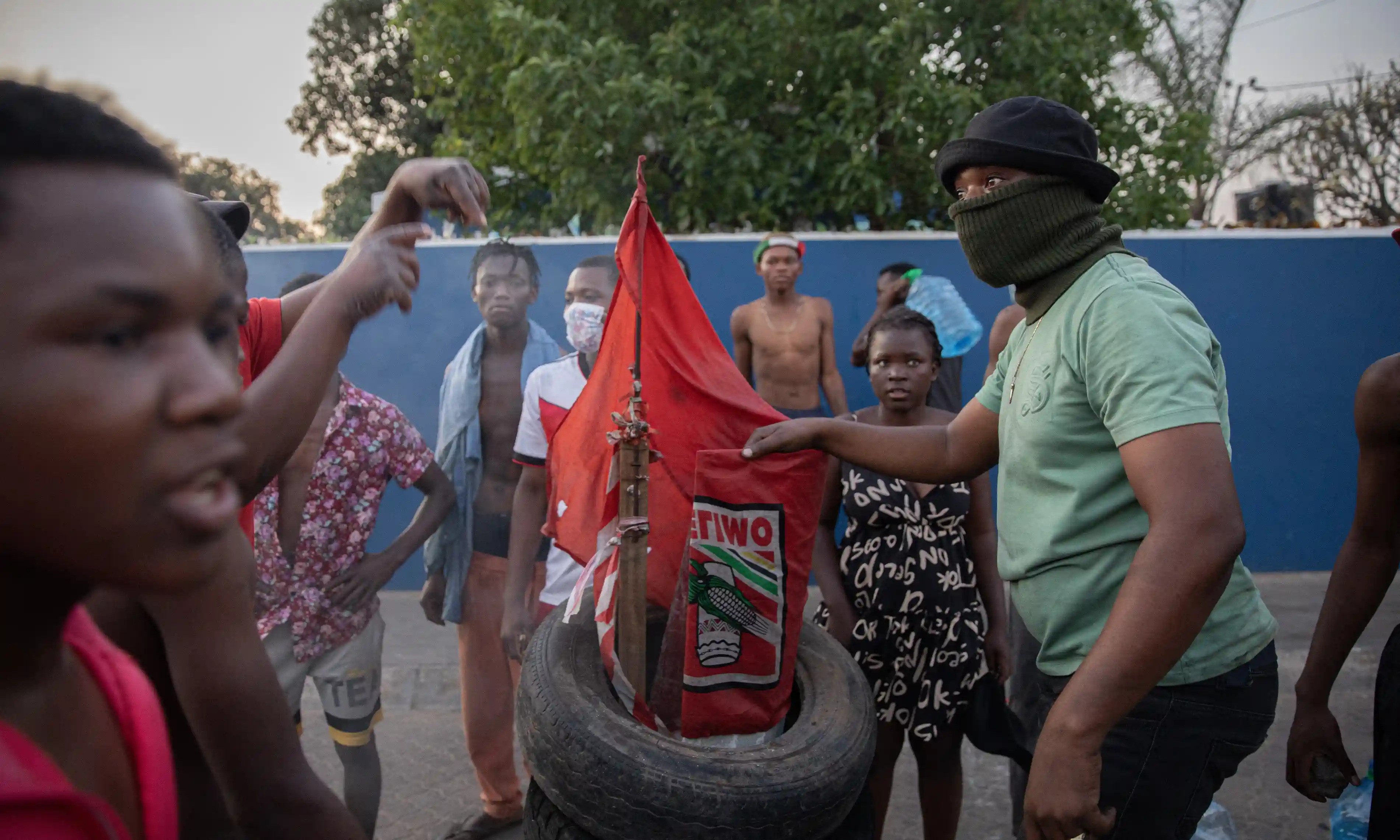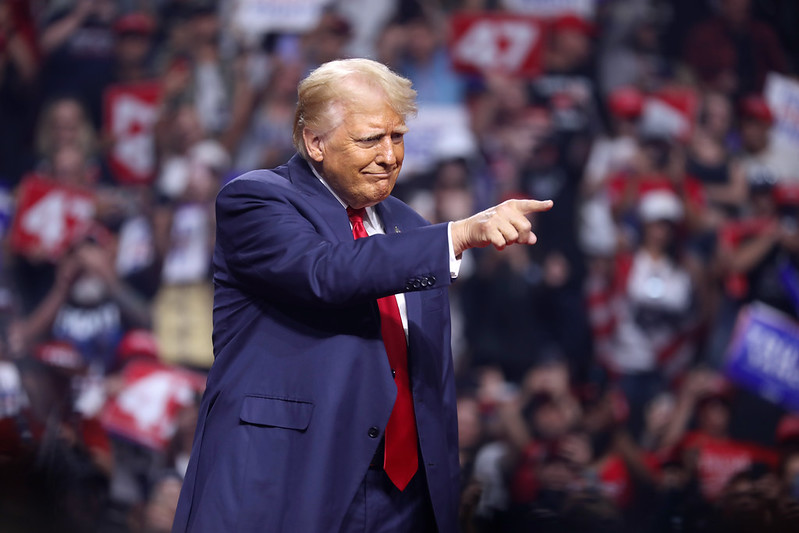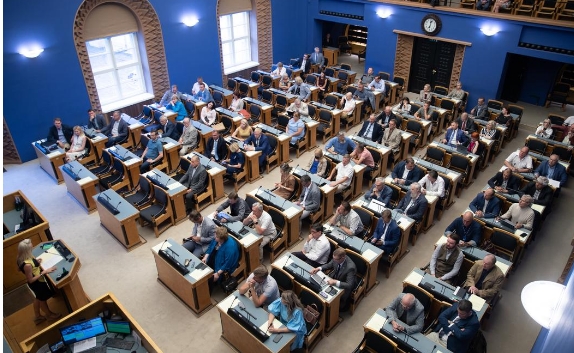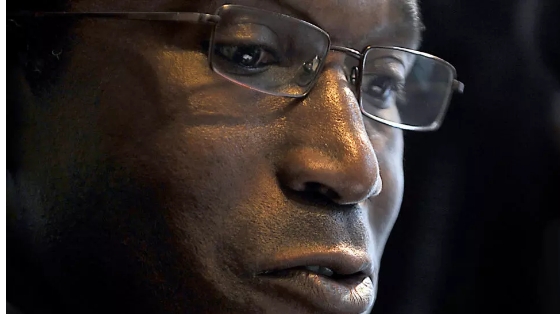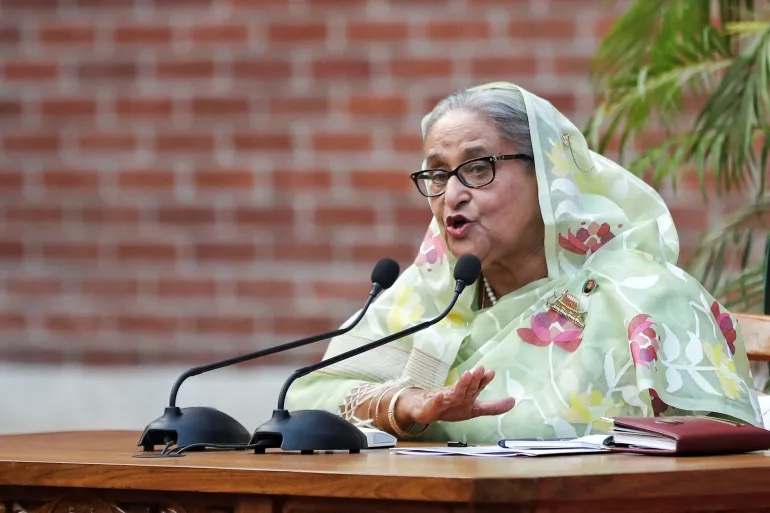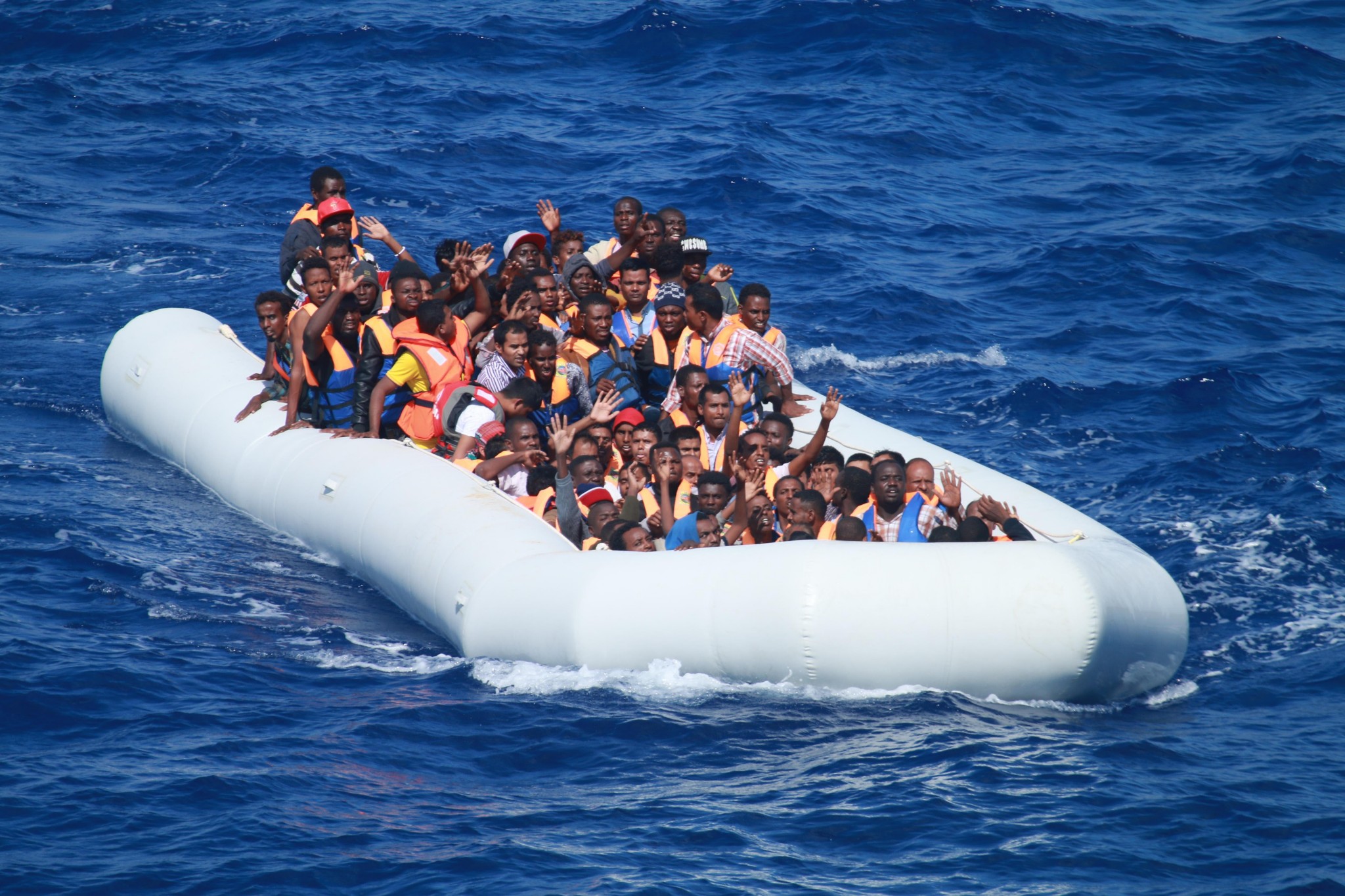UN Special Committee finds Israel warfare methods in Gaza consistent with Genocide

A report released by a UN Special Committee, composed of member states Malaysia, Senegal and Sri Lanka has deemed Isarel's warfare in Gaza consistent with genocide, with starvation being used as a weapon of war.
Covering the period from October 2023 to July 2024, the report examines developments across the occupied Palestinian territory and the occupied Syrian Golan but focuses on the catastrophic impact of the current war in Gaza on the rights of Palestinians.
The Committee called on all Member States to uphold their legal obligations to prevent and stop Israel’s violations of international law and hold it accountable.
“It is the collective responsibility of every State to stop supporting the assault on Gaza and the apartheid system in the occupied West Bank, including East Jerusalem,” the Committee said.
“Upholding international law and ensuring accountability for violations rests squarely on Member States. A failure to do so weakens the very core of the international legal system and sets a dangerous precedent, allowing atrocities to go unchecked.”
“Through its siege over Gaza, obstruction of humanitarian aid, alongside targeted attacks and killing of civilians and aid workers, despite repeated UN appeals, binding orders from the International Court of Justice and resolutions of the Security Council, Israel is intentionally causing death, starvation and serious injury, using starvation as a method of war and inflicting collective punishment on the Palestinian population,” the Committee said.
The report documents how Israel’s extensive bombing campaign in Gaza has decimated essential services and unleashed an environmental catastrophe that will have lasting health impacts. By early 2024, over 25,000 tons of explosives—equivalent to two nuclear bombs—had been dropped on Gaza, causing massive destruction and the collapse of water and sanitation systems, agricultural devastation, and toxic pollution.
“By destroying vital water, sanitation and food systems, and contaminating the environment, Israel has created a lethal mix of crises that will inflict severe harm on generations to come,” the Committee said.
The report raises serious concerns about Israel’s use of AI-enhanced targeting systems in directing its military operations, and the impact it has had on civilians, particularly evident in the overwhelming number of women and children among the casualties.
Amid the devastation in Gaza, Israel’s escalating media censorship, suppression of dissent, and targeting of journalists are deliberate efforts to block global access to information, the Committee found. It also noted how social media companies disproportionately removed “pro-Palestinian content” in comparison with posts inciting violence against Palestinians.
The Committee condemned the ongoing smear campaign and other attacks against UNRWA and the UN at large.
The Special Committee is composed of three Member States: Malaysia, Senegal and Sri Lanka. This year the Member States are represented by H.E. Mr. Ahmad Faisal Muhamad, Permanent Representative of Malaysia to the United Nations in New York, H.E. Mr. Cheikh Niang, Permanent Representative of Senegal to the United Nations in New York, and H.E. Mr. Peter Mohan Maithri Pieris, Permanent Representative of Sri Lanka to the United Nations in New York.. The committee called on member states to urgently act on the following
(a) Implement their erga omnes obligations, including as they relate to the prevention and prohibition of genocide, torture, racial segregation and apartheid, and refrain from aiding or abetting the commission of all violations of peremptory norms of international law;
(b) Leverage their influence to ensure Israel ceases its policies and practices negatively affecting the human rights of the Palestinian people and other Arabs of the occupied territories;
(c) Halt all offensive arms transfers, including weapons, explosives, guns and/or ammunition, to Israel;
(d) Hold nationals, including those with dual Israeli citizenship, involved in settler violence or violations in Gaza, accountable for violations of international law;
(e) Review financial transfer policies that allow religious and charitable organizations to fund activities in Israel, which enable the further sustenance of an apartheid system;
(f) Support UNRWA politically and financially, including by increasing funding through the United Nations regular budget;
(g) Protect and ensure respect for human rights in economic activities, including by setting out clear expectations for businesses in terms of responsible conduct consistent with the Guiding Principles on Business and Human Rights, and exercising heightened due diligence when supporting business enterprises;
(h) Hold business entities fully accountable for complicity in violations of international law, whether through their supply of arms, provision of digital products and services and/or engagement in technology transfer and facilitation (including artificial intelligence) or links to value chains (including algorithmic-based decisionmaking systems) that enable Israel’s ongoing onslaught in Gaza and apartheid system of injustice in the occupied West Bank, including East Jerusalem;
(i) Give full effect to the advisory opinion of the International Court of Justice of 19 July, by adhering to the legal obligations outlined by the Court, and considering specific measures or further measures required to put an end to the illegal presence of Israel in the occupied territories;
(j) Fully cooperate with the International Criminal Court.
Read more here

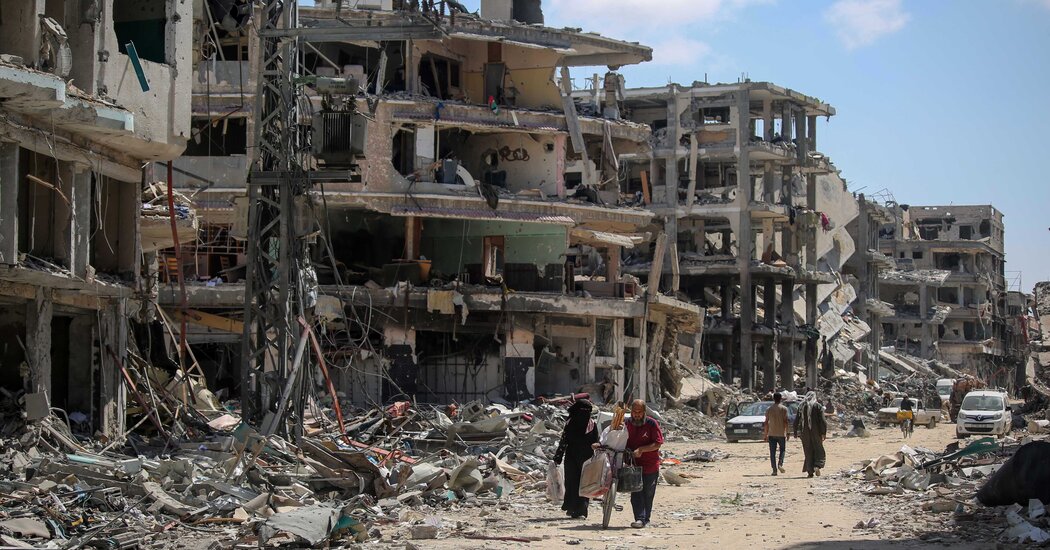

.jpg)

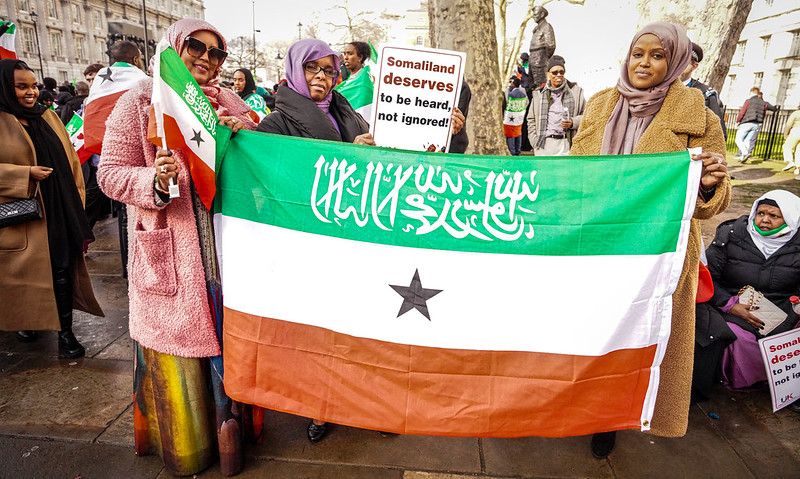

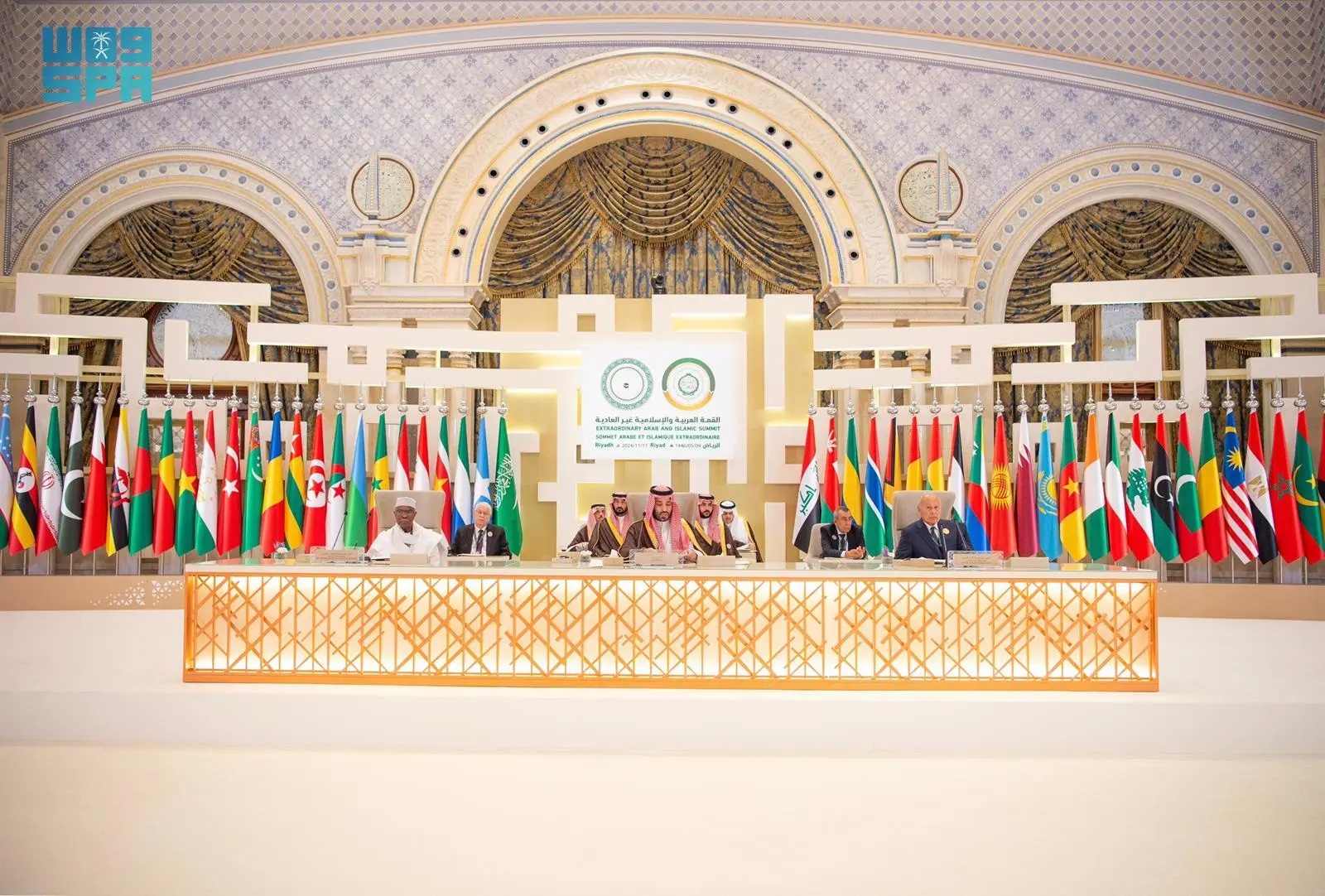

.jpg)
